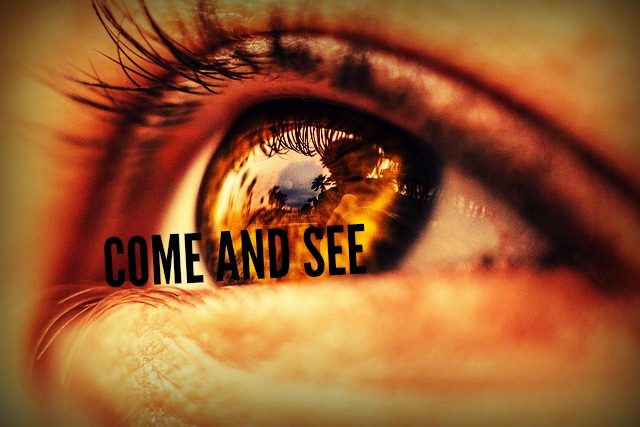As you graduate from doing things to managing them and eventually providing direction as a leader, you are continuously moving away. From a worm’s eye view to taking a rooftop view and eventually birds eye view, your understanding of reality on the ground is constantly distorting and is hazier. In the age of advanced data analytics and machine learning, you may actually forget what it feels like to know by yourself.
You are taking positions based on hearsay or perhaps by looking at the statistics in the comfort of your cabin. If not data, you depend increasingly on trusted advisors and consultants who deep dive on your behalf to view and validate reality. This comes with caveats. You are dependent on your advisor’s ability or the lack of it for interpreting and presenting reality on ground. That’s not exactly bad but if they carry biases & preconceived notions and in some common but worse situations, adverse motivations to hide the truth, you may be preparing for catastrophe, the size of which depends on the problem you are looking to solve.
When you are building or managing anything worthwhile, you cannot afford to be heavy-footed. You need to step back and allow people to do what they can do best, trust and empower them so that they perform confidently and independently. Once in a while, however, you need to roll up your sleeves and step into the field and take control, albeit temporarily. Knowing when to do that is a special skill to learn.
The Japanese are known for their management systems and process maturity in building large scale corporations. What I love about them is how they explain difficult concepts in short powerful phrases. Kaizen, which means ‘change for better’ and accentuated by the philosophy that small, ongoing positive changes can reap major improvements is arguably one of their most significant contributions to managing enterprises around the world. There is another related concept in Japanese management principles.
They invented a method to solve business problems on ground. Genchi Genbutsu literally means to go out to the field and experience it yourself, and was popularized by Toyota as one of their key production principles. Toyota Way 2001 in an internal pamphlet read: “we practice genchi genbutsu… go to the source to find the facts to make correct decisions, build consensus and achieve goals at our best speed.“
Royal Society of London, one of the oldest scientific institutions in the world, founded in 1660 has its motto on its coat of arms “Nullius in Verba”, a Latin phrase that means “take nobody’s word for it”. It was adopted to signify the fellows’ determination to establish facts via experiments.
Data can be obtained at the comfort of your desk, but facts are ascertained when you obtain them on your own, at the source. You can interpret this wonderful concept in the way you feel best. In the spiritual sense, it is about being present where you need to be. It is a combination of three things happening simultaneously – you being there, at a place and time that you need to be. It is about the sheer beauty of being able to observe without any biases or preconditioning. It is about taking ownership and trusting your instincts to fetch you the truth you are seeking, merely by looking at the source.
This simple yet potent leadership tool will help you make better decisions. As you become more responsible, the value and impact of every decision you make increases exponentially. Review the reports and data generated by your systems, listen to your consultant’s counsel and follow it up by your own observation of the situation at hand. The conclusion may not always be different from all the above three approaches and your objective is not to prove the data or advice you receive wrong. By following this method, you will be more confident in implementing your big decisions. In a very authentic way, you will be able to inspire and influence those who are responsible for execution.
The views and opinions published here belong to the author and do not necessarily reflect the views and opinions of the publisher.



Be the first to comment on "Come, see for yourself"